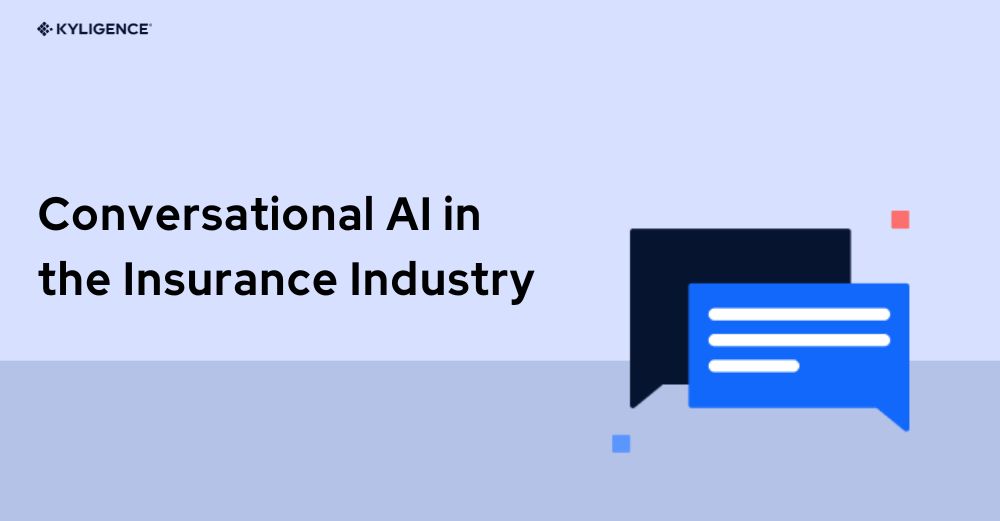Ⓒ 2023 Kyligence, Inc. All rights reserved.

Introduce Conversational AI
Conversational AI is a cutting-edge technology that has the potential to revolutionize customer interactions and improve data analytics in the insurance industry.
By leveraging natural language processing (NLP) and machine learning (ML) capabilities, conversational AI enables insurers to provide personalized and efficient customer service, streamline claims processing, and enhance underwriting processes.
In this blog post, we will explore the various use cases of conversational AI in the insurance industry. We will delve into its role in enhancing customer service by automating routine inquiries and providing instant responses.
Additionally, we will discuss how conversational AI can streamline claims processing by automating data collection, documentation, and verification.
Furthermore, we will introduce Kyligence Copilot, a powerful tool specifically designed for conversational AI in insurance. With Kyligence Copilot's advanced NLP and ML capabilities, insurers can take advantage of seamless and intelligent customer interactions.
Stay tuned!
The Possible Use Cases of Conversational AI in Insurance
Conversational AI offers a wide range of potential use cases in the insurance industry, with two key areas being enhancing customer service and streamlining claims processing.
Enhancing Customer Service
Conversational AI has the ability to provide personalized and efficient customer service by automating routine inquiries and providing instant responses.
With AI-powered chatbots, insurers can handle multiple customer interactions simultaneously- reducing wait times and improving overall customer satisfaction.
These chatbots are designed to understand natural language and can provide accurate information to customers in real-time. Whether it's answering policy-related questions, providing quotes, or assisting with policy changes, conversational AI enables insurers to deliver a seamless and personalized experience for their customers.
Streamlining Claims Processing
Claims processing is a critical aspect of the insurance industry that can benefit greatly from conversational AI. By automating data collection, documentation, and verification processes, insurers can streamline the entire claims workflow.
AI-powered virtual assistants can guide customers through the claims process and ensure accurate information is provided while reducing errors. These virtual assistants can collect necessary details from claimants, such as incident descriptions or supporting documents, making the process more efficient and less time-consuming for both parties involved.
Additionally, conversational AI can help insurers identify potentially fraudulent claims by analyzing conversations for suspicious patterns or inconsistencies.
With these use cases in mind, it's clear that conversational AI has the potential to transform how insurance companies interact with their customers and streamline their operations. By leveraging this technology effectively, insurers can enhance customer satisfaction while also improving efficiency in claims processing.
Conversational AI for Data Analytics in Insurance
Conversational AI not only enhances customer service and streamlines claims processing but also plays a crucial role in data analytics for the insurance industry. Here are two key areas where conversational AI can make a significant impact.
Improving Data Collection and Analysis
Conversational AI has the ability to collect and analyze large volumes of customer data, providing valuable insights for insurance companies. By analyzing customer conversations, AI algorithms can identify patterns and trends and help insurers make data-driven decisions and improve risk assessment.
For example, by analyzing customer inquiries and feedback, insurers can gain insights into common pain points or areas where their products or services can be improved. This information can then be used to enhance product offerings, optimize pricing strategies, or tailor marketing campaigns to better meet customer needs.
Enhancing Fraud Detection
Fraud detection is a critical concern for insurance companies, and conversational AI can play a vital role in identifying potential fraudulent claims. By analyzing customer conversations for suspicious patterns or inconsistencies, AI algorithms can flag cases that may require further investigation.
For instance, if a claimant's conversation contains contradictory statements or unusual behavior patterns, it could indicate fraudulent activity. By leveraging conversational AI for fraud detection, insurers can proactively identify potential fraud cases early on and take appropriate measures to prevent financial losses.
By harnessing the power of conversational AI in data analytics, insurance companies can gain valuable insights from customer conversations that were previously untapped.
These insights enable insurers to make more informed decisions, improve risk assessment accuracy, enhance fraud detection capabilities, and ultimately drive better business outcomes.
Introducing Kyligence Copilot for Conversational AI in Insurance
Overview of Kyligence Copilot
Kyligence Copilot is designed to provide a conversational interface for data analytics, making it easier for users to interact with data and derive insights without delving into complex queries or having technical expertise.
Auto Root Cause Analysis:
One of the key features of Kyligence Copilot is its ability to perform automatic root cause analysis. This could be highly beneficial in the insurance sector for identifying the underlying causes of anomalies or trends within the data, aiding in better decision-making4.
Effortless Metric Search and Analysis:
The tool simplifies the process of metric search and analysis by taking over the heavy lifting usually associated with SQL queries and manual analytics. It provides insights based on chat queries which could expedite the data analysis process, crucial for insurance companies dealing with large datasets4.
Embeddable and Secure:
Kyligence Copilot is designed to be embeddable, making it a versatile tool that can be integrated into other applications or software as a service (SaaS) platforms. Additionally, it emphasizes security and compliance, powered by Azure OpenAI services (GPT 3.5), which could be a crucial factor for insurance companies concerning data protection and regulatory compliance4.
The capabilities of Kyligence Copilot, such as conversational analytics, auto root cause analysis, and effortless metric search and analysis, could be leveraged by insurance companies to enhance their data analytics processes, thereby aiding in better decision-making, identifying trends, and understanding the metrics that drive business performance.
Conclusion
Conversational AI has the power to revolutionize the insurance industry by enhancing customer service, streamlining claims processing, and improving data analytics.
With tools like Kyligence Copilot, insurers can leverage the benefits of conversational AI to make data-driven decisions, and stay ahead in a competitive market.
As technology continues to advance, we can expect the adoption of conversational AI in insurance to increase, leading to further advancements and improvements in the industry.
Try Kyligence free today and unlock the incredible potential of conversational AI in the insurance industry!
